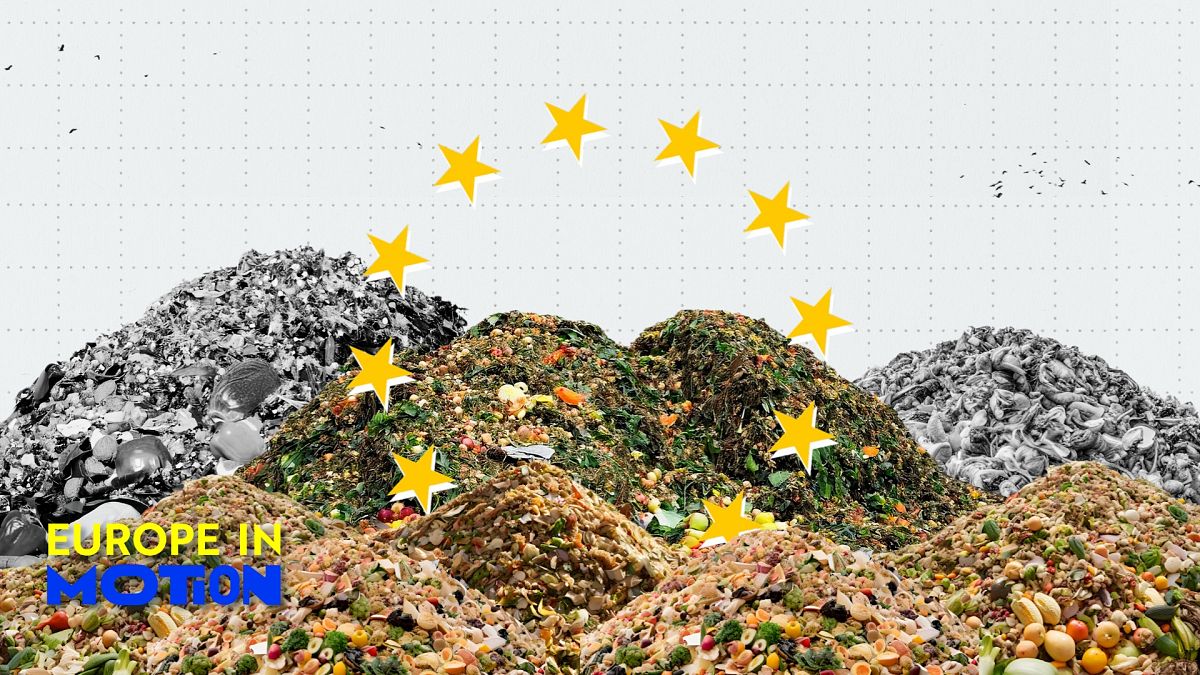European citizens collectively waste nearly 60 tonnes of food annually, and authorities are aiming to slash the figure by 2030. According to the latest Eurostat data, the average EU citizen generates 132 kilograms of food waste each year, totaling 59.2 million tonnes across the bloc. Households are responsible for 54% of the total, while 46% comes from supply chains. Among the 27 EU member states, Cyprus and Denmark are the biggest food wasters, with an average of 294 kilograms and 254 kilograms per person annually, respectively. Portugal ranks third with 185 kilograms per capita.
Authorities attribute the high levels of food waste to factors like impulse buying, poor planning and cooking skills, and a low perceived value of food. Additionally, misconceptions about food labels such as “best before” and “use by” dates contribute to the problem. To address this issue, the EU has committed to cutting per capita food waste at the retail and consumer levels by 2030. This involves educating the public about the importance of reducing food waste through proper meal planning, storage, and shopping habits.
Reducing food waste is not only an environmental concern but also has economic implications. Wasted food represents a loss of resources and money spent on production, transportation, and packaging. By minimizing food waste, individuals can save money on groceries and help reduce the overall environmental impact of food production. Additionally, donating surplus food to those in need can help address issues of food insecurity and poverty.
Efforts to reduce food waste can also benefit businesses in the food industry. By optimizing inventory management and production processes, companies can cut costs and improve their overall efficiency. Implementing sustainable practices, such as composting organic waste and reducing packaging materials, can further enhance a company’s reputation and appeal to environmentally conscious consumers. Additionally, partnering with non-profit organizations to distribute surplus food can foster positive community relationships and demonstrate corporate social responsibility.
As awareness of the environmental and economic consequences of food waste continues to grow, individuals and businesses alike are encouraged to take action. By making conscious choices to reduce food waste through proper planning, storage, and consumption, everyone can contribute to a more sustainable future. From implementing waste reduction strategies in households to adopting sustainable practices in businesses, there are numerous opportunities to make a positive impact on food waste reduction. Together, we can work towards a more efficient and responsible approach to food production and consumption, ultimately benefiting both the environment and society as a whole.











